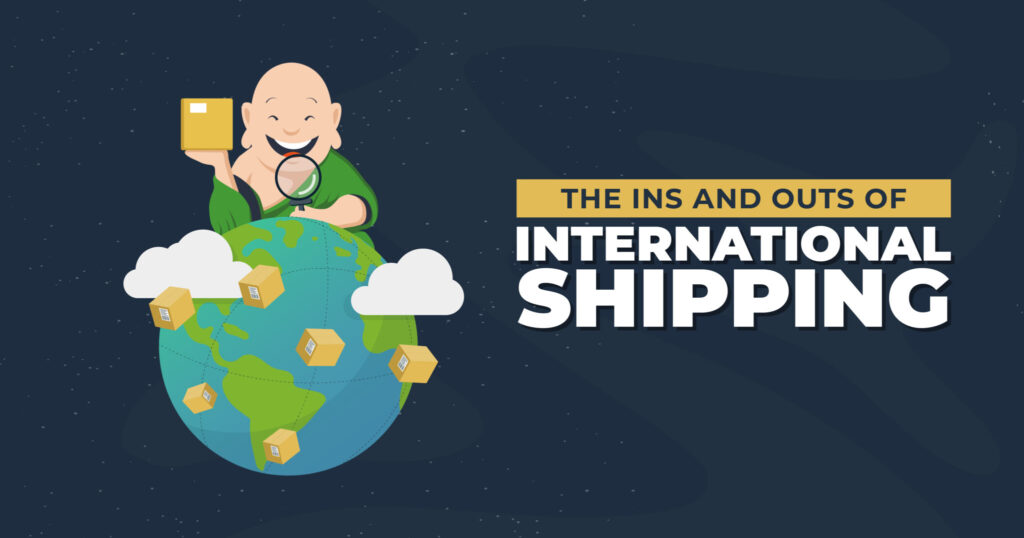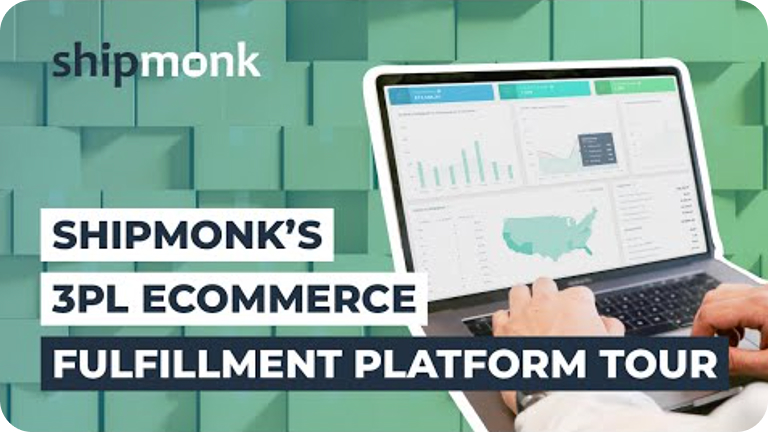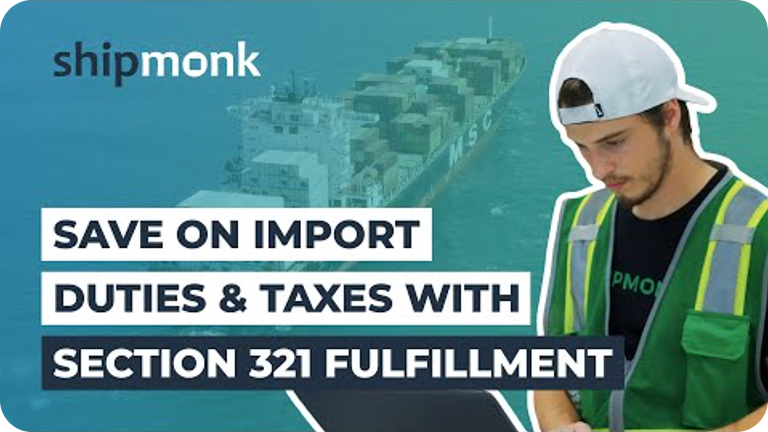ShipMonk is all about putting the entrepreneur first. We are constantly growing and scaling our operations in strategic ways that match the goals of the ecommerce brands we partner with. With that in mind, we’ve put a lot of focus into our international efforts.
One of the hardest things any ecommerce brand faces when setting their sights on growth is international shipping. Specifically, the matters of DDP vs. DDU shipping and customs/tariffs plague ecommerce business owners. We’re here to enlighten you on the most important areas of these topics that ecommerce brands should pay attention to. So let’s go global and dive in!
DDP vs DDU Shipping
DDP stands for Delivered Duty Paid. When you use DDP shipping it means that in the buyer-seller relationship the seller is responsible for every aspect of the buying process. This would include:
- Providing and Delivering Ordered Goods
- Drafting Sales Contracts and Documents
- Arranging All Export Packaging
- Overseeing Customs Clearance
- Fulfilling Customs Requirements
- Arranging Proof of Delivery
- Paying All Associated Fees, Such as Transportation and Delivery Costs
If you, as an ecommerce business owner, opt for DDP shipping, the customer is charged at checkout for the price of their order, the shipping rate, and any other additional costs that may be incurred during the delivery process. This would require you, the seller, to estimate these fees in advance and factor them into the checkout price.
DDU stands for Delivered Duty Unpaid. Here, the responsibility of shipping costs is split between the buyer and seller. The seller ensures that the goods are delivered to the customs office of the destination country and absorbs any costs and risks associated with the shipment until it reaches that point. This means that at checkout the buyer only pays for the cost of their order plus shipping. Once the order reaches customs, the buyer becomes responsible for paying any import duties and/or transportation costs before they can successfully receive their package.
While DDU may seem like the simpler and less expensive route for ecommerce brands, it’s also a surefire way to upset international buyers by hitting them with potential hidden fees, delays, and hassles at customs. Our in-depth DDP article highlights DDP and its five key benefits, and our DDP Shipping Services page goes into ShipMonk offerings. So definitely check out those, and the below infographic, to see why DDP is the smarter solution for ecommerce brands shipping abroad.
Customs and Tariffs
Probably the toughest part of international shipping is customs (duties) and tariffs (taxes). When packages get stuck at the border, buyers have to wait extensively for their orders and sometimes pay additional fees, both of which can ruin customer experience and likely deter a repeat purchase.
As most ecommerce business owners are already aware, every time you export a package to a foreign country there’s usually some type of import fee or tax associated with it. Most countries have an “exception” for low-value items, but not all. So for every international shipment, you must fill out a “customs declaration.” This basically tells the customs broker what’s inside a box and how much it’s worth. Based on this value, your customer pays the duties and taxes if it’s a DDU shipment, or you do if it’s a DDP shipment.
Note – there are people out there who choose to “cheat” and declare an item as “lower value.” We at ShipMonk definitely do not recommend doing that. You’re risking more than just delays and items being held up—occasionally you may get a call from the customs office.
If you want to avoid pesky customs and tariffs while building your international brand, the best advice we can give is to work with a 3PL like ShipMonk that has strategically located fulfillment centers around the globe. We are continuously expanding our reach by opening new locations each year.
Our worldwide network of fulfillment centers in Canada, Mexico, and Europe makes it so orders avoid customs clearances. Meanwhile, we provide you exceptional margin savings and rapid shipping windows to compete with companies abroad. ShipMonk Europe, for example, allows brands to achieve domestic-like shipping rates and 2 – 5 day domestic delivery times, which lead to increased conversion rates and superior customer experience.
International Shipping Doesn’t Have to be Intimidating
Our shipping experts hope you’ve found this concise outline of global shipping practices helpful. International shipping strategy is a critical, but complex part of an ecommerce brand’s journey. But, as always, ShipMonk is happy to be your guide along the way! Contact our team today to learn how our 3PL services and 12 state-of-the-art locations make us the ultimate, all-encompassing shipping partner.





